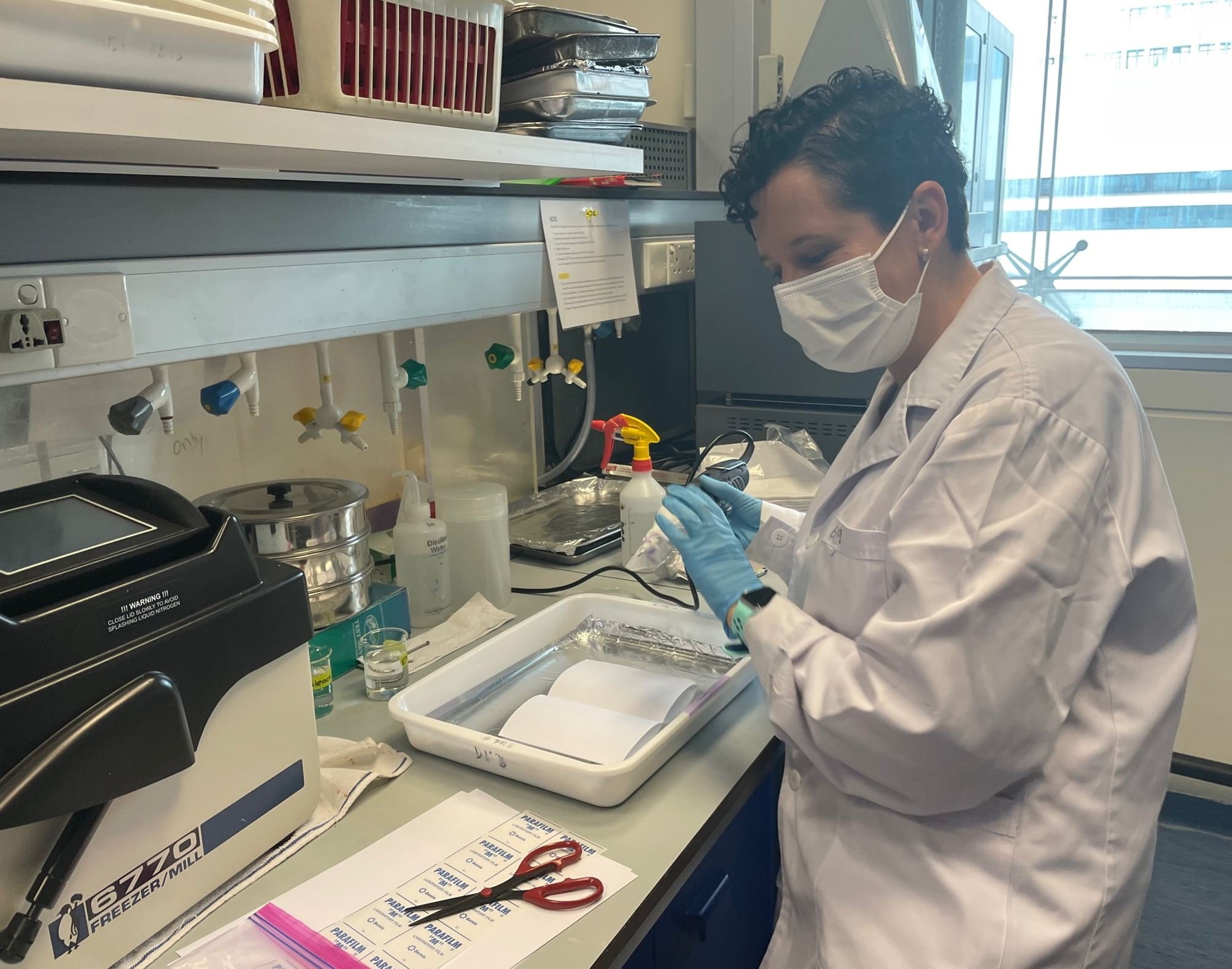Pangolins and Pathogens
Pangolin trade now endangers all species of pangolin in the world. This trade is driven by demand for scales in Asia but impacts both Asian and African species broadly. In 2020, a coronavirus related to SARS-CoV-2 was identified in pangolins seized in the trade in China. This compelled a research project to study pangolin ecology, trade, and associated pathogens. This research is supported by a Research Impact Fund award and is a joint project run by the Schools of Biological Sciences and Public Health at HKU and supported by WWF HK and ADMCF. In addition to understanding the trade, we are also studying the ecology and conservation of the Chinese pangolin population in Hong Kong.
-
Zhang Z, Andersson AA, Xing S, Dingle C, Bonebrake TC (2022) Low pangolin consumption in Hong Kong pre- and post- the COVID-19 outbreak: Conservation and health concerns both contribute to people's attitudes. Global Ecology and Conservation, 35, e02107
Xing S, Bonebrake TC, Cheng W, Zhang M, Ades G, Shaw D, Zhou Y (2020) Meat and medicine: historic and contemporary use in Asia. In Pangolins: Science, Society and Conservation (pp. 227-239), Academic Press
Wikramanayake E, Pfeiffer D, Magouras I, Conan A, Ziegler S, Bonebrake TC, Olson D (2021) A tool for rapid assessment of wildlife markets in the Asia-Pacific Region for risk of future zoonotic disease outbreaks. One Health, 13, 100279
Cheng W, Xing S, Bonebrake TC (2017) Recent pangolin seizures in China reveal priority areas for intervention. Conservation Letters, 10, 757-764




